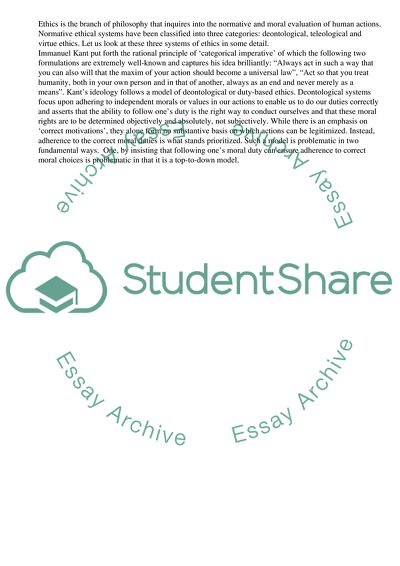Cite this document
(“Ethical Dillemas and Decision Making Processes Essay”, n.d.)
Retrieved from https://studentshare.org/management/1535199-ethical-dillemas-and-decision-making-processes
Retrieved from https://studentshare.org/management/1535199-ethical-dillemas-and-decision-making-processes
(Ethical Dillemas and Decision Making Processes Essay)
https://studentshare.org/management/1535199-ethical-dillemas-and-decision-making-processes.
https://studentshare.org/management/1535199-ethical-dillemas-and-decision-making-processes.
“Ethical Dillemas and Decision Making Processes Essay”, n.d. https://studentshare.org/management/1535199-ethical-dillemas-and-decision-making-processes.


